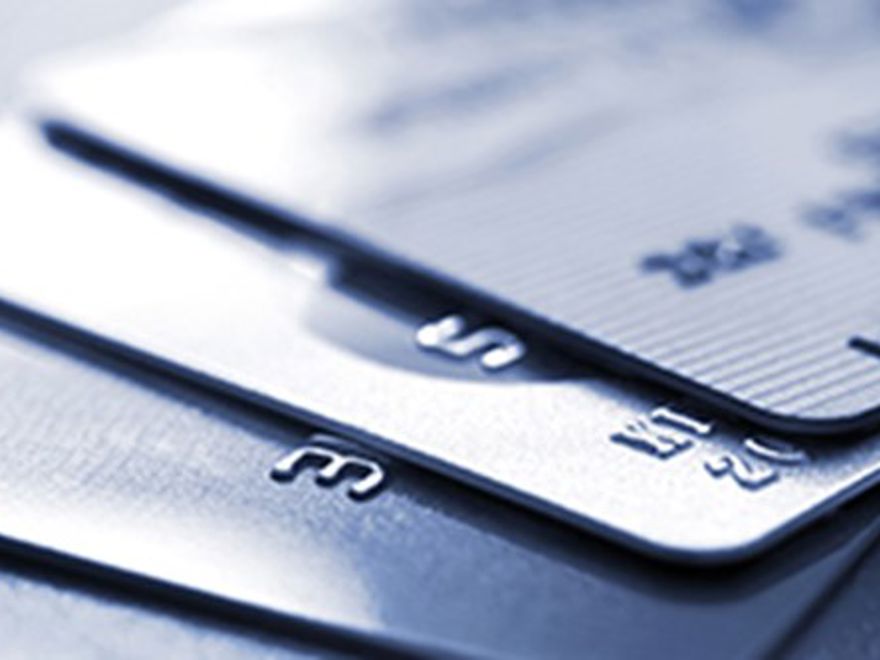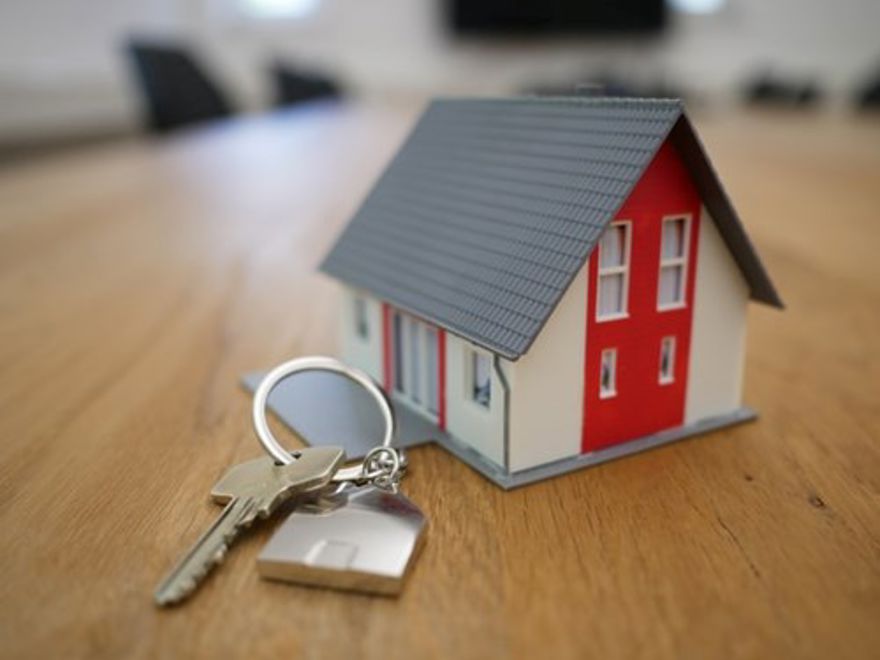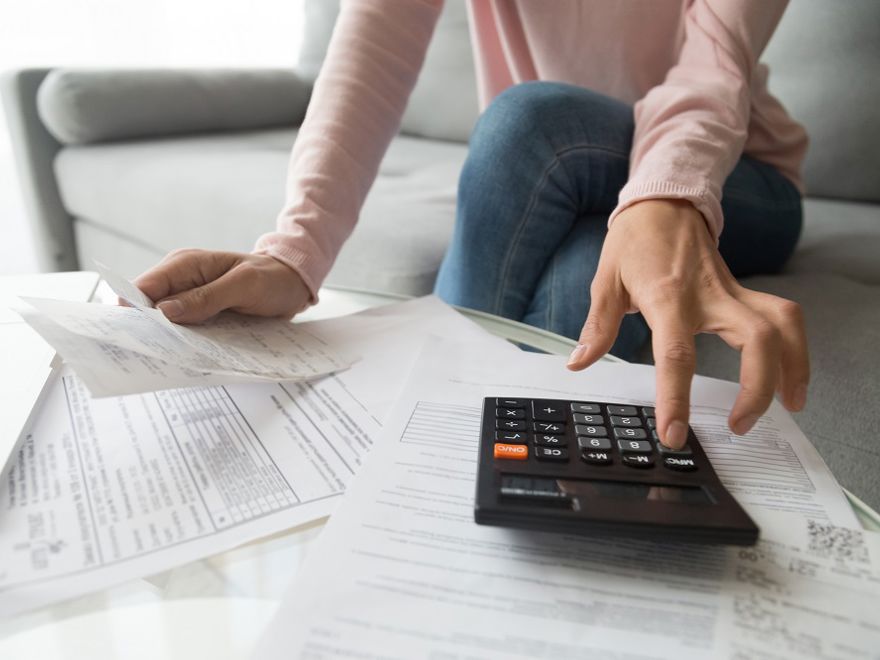What Can We Help You With?
Find people, insights and legal services, and more. Enter a query in the search bar below.
Our goal is to recover as much cash as possible for you as quickly as possible, and there is a range of pre- and post-judgment remedies available.
Before a judgment is made, application needs to be made to Court for any remedies to be exercised, and it is with the leave of Court that we do so.

If your debtor has money or moveables being held by a third party (i.e. shares or an insurance policy), third party arrestment prevents the third party from paying the money to your debtor. Instead, these funds can be used to settle the outstanding debt owed to you.
Alternatively, you could try bank arrestment – if you know the debtor’s bank account details, an arrestment can be placed on the account to pay the outstanding debt.

Inhibition prevents a debtor from selling or transferring their heritable property (i.e. land, houses or commercial properties). It also prevents the debtor from securing any new loans against the property. This can be particularly effective as it applies to all properties – as opposed to a specific address.
After a judgment has been made, there are various ways of recovering debt. We will always tailor our approach to use the enforcement method that best suits your circumstances.

This is the first stage of the enforcement process – once decree (judgment) is granted, Sheriff Officers will visit the debtor and issue a formal demand for payment of the money owed (with interest and expenses) within 14 days. In the event that the debtor fails to pay, further action can be taken.

Inhibition prevents a debtor from selling or transferring their heritable property (i.e. land, houses or commercial properties). It also prevents the debtor from securing any new loans against the property. This can be particularly effective as it applies to all properties – as opposed to a specific address.

If there is no other way of recovering the debt, you can apply to the court to force the sale of the debtor’s moveable property (i.e. boats or motor vehicles). This attaches items outwith the debtor's home. The Sheriff Officers will make an inventory of the debtor’s assets and arrange for them to be sold at auction. The net price of the goods auctioned will be paid to you to help settle the outstanding debt.

If a debtor has goods stored in their house, you can apply for the removal of the goods to be auctioned or sold to pay off the outstanding debt. If using this method, please note that the court will ask for evidence that other enforcement procedures have failed to settle the debt.

If your debtor has money or moveables being held by a third party (i.e. shares or an insurance policy), third party arrestment prevents the third party from paying the money to your debtor. Instead, these funds can be used to settle the outstanding debt owed to you.
Alternatively, you could try bank arrestment – if you know the debtor’s bank account details, an arrestment can be placed on the account to pay the outstanding debt.

In the event that the debtor is an individual and their employer is known, the courts can issue an order to the debtor’s employer instructing them to pay a regular amount to you from their salary. The earnings arrestment will stay in place until the debt is cleared. However, there is a limit on how much can be taken and this is dependent on the debtor’s salary.